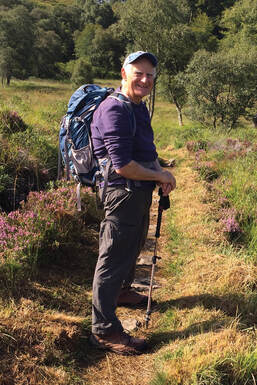Duncan Clarke

Duncan L. Clarke is Professor Emeritus of International Relations and former Director of the United States Foreign Policy Field at American University’s School of International Service, Washington, D.C. He was Visiting Professor of Politics at the University of California, Santa Cruz, and Professor of National Security at the National War College. He has served in the intelligence community and authored numerous articles and five books on U.S. defense and foreign policy. Clarke lived and taught in Washington, D.C., for many years before moving to the Central Coast of California. He earned his BA at Clark University, JD at Cornell University, and PhD at the University of Virginia. A Little Rebellion Is a Good Thing was inspired by his experience in 1969-1970 at Radford College, which was then a women’s college in Southwest Virginia. Clarke is writing a second novel about a serial murderer on the Appalachian Trail. He has twice hiked the entire Appalachian Trail.
Books
A Little Rebellion Is a Good Thing: Troubles at Traymore College
$4.99 - $17.95
by Duncan L. Clarke
When David Pritchard is hired to teach political science at a remote women’s college in 1969, he anticipates a quiet year before moving on to bigger things. However, it soon becomes apparent that all is not well at Traymore College. President Barton and his administration curtail basic academic freedoms, harass tenured professors, and impose tight constraints on students’ personal lives. Appalled, David engages in intimate alliances with sympathetic faculty and several members of student leadership to stand up to the school’s administration. Together, they aim to ignite the press and spark far-reaching legal action. But Barton will not go down without a fight.
When David Pritchard is hired to teach political science at a remote women’s college in 1969, he anticipates a quiet year before moving on to bigger things. However, it soon becomes apparent that all is not well at Traymore College. President Barton and his administration curtail basic academic freedoms, harass tenured professors, and impose tight constraints on students’ personal lives. Appalled, David engages in intimate alliances with sympathetic faculty and several members of student leadership to stand up to the school’s administration. Together, they aim to ignite the press and spark far-reaching legal action. But Barton will not go down without a fight.